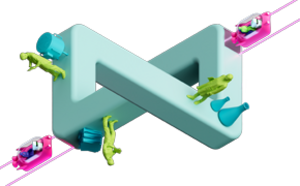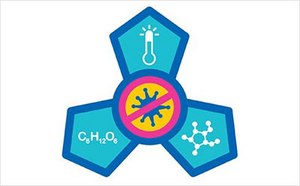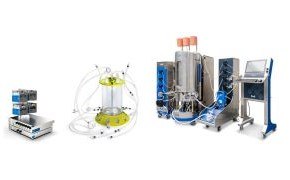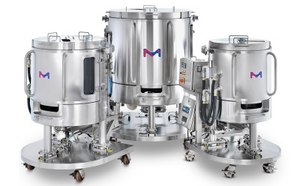Plasmid DNA Vaccines Manufacturing
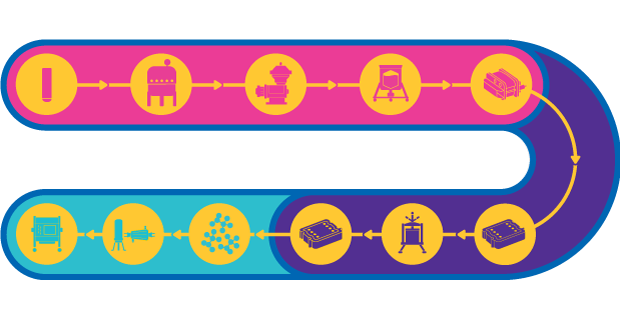
Plasmid DNA Vaccines Process
Plasmid DNA (pDNA) is an important component of viral vector therapies. These circular DNA molecules can be used as the therapeutic transgene, to code for the viral capsid or as the vaccine itself. DNA vaccines have been approved for use in animals and have been developed against the SARS-CoV-2 virus. pDNA is also used as the starting material for mRNA vaccines.
pDNA manufacturing presents several challenges. Production suffers from low productivity of microbial fermentation. Additionally, the purification process is complicated by the fact that the bacterial lysate is highly viscous and contains contaminants with properties similar to pDNA, leading to low resolution separation. These challenges can be overcome with use of an end-to-end platform consisting of advanced single-use technologies.
Featured Categories
Emprove® Program: The smart way to master compliance and control. Complementing our product portfolio, the Emprove® Program provides convenient access to reliable technical, regulatory and supply information in Emprove® Dossiers to support your risk assessment continuum.
Enhance biopharma safety and compliance with our virus inactivation solutions, including pasteurization and low pH treatment.
The Mobius® Bioreactor family includes the bench scale (2 mL and 3 L), pilot, clinical and commercial manufacturing (50 – 2,000 L) single-use bioreactors that enable cell culturing capabilities from early process development through commercial batch production.
Explore Mobius® single-use mixing solutions for pharmaceutical ingredient blending and process solution preparation.
Accelerate Time to Clinical while Increasing Upstream Productivity
pDNA presents several challenges that can be overcome with advanced single-use technologies for cell harvest and clarification. Centrifugation or microfiltration TFF (MF-TFF) is used to remove spent fermentation broth while depth filters have demonstrated excellent performance over a wide range of conditions for the clarification.
Achieve Yield and Efficiency Goals with Robust Impurity Removal
Anion exchange (AEX) has demonstrated robust clearance of proteins, RNA, gDNA and endotoxin. Plasmid isoforms, on the other hand, are very challenging to separate with ion exchange. In this case, HIC can be used and is well-placed following AEX due to the high salt eluate pool.
Maximize Downstream Recovery
Purification of pDNA is complex, requiring a combination of TFF and chromatography. TFF can be placed between the clarification and chromatography steps, where residual impurities can be washed through diafiltration and pDNA concentrated for chromatography. Both resins and membranes can be used for chromatographic purification. Resins offer flexible installations and good selectivity while membranes offer high binding capacity and flow rates.
Ensure Patient Safety
Once purified and formulated, pDNA must be sterile filtered to ensure patient safety. While this step may appear to be a relatively simple operation, filtration of pDNA can be challenging due to the large size of plasmids, high viscosity of the solution and bacterial retention for adjuvanted formulations. Many process parameters must be considered to optimize sterilizing grade filtration including salt concentration, plasmid size, purity, and plasmid concentration.
Looking for More Specific Information?
Visit our document library for data sheets, certificates and technical documentation.
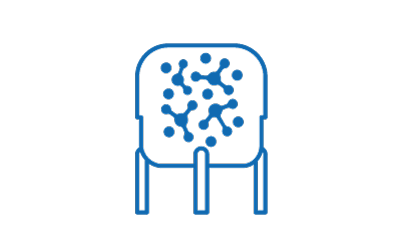
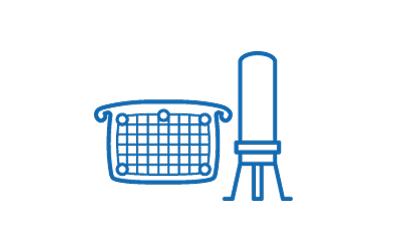
Clarification
Achieve efficient, robust, clarification to maximize success of your downstream purification operations by reducing the levels of impurities and particulates.
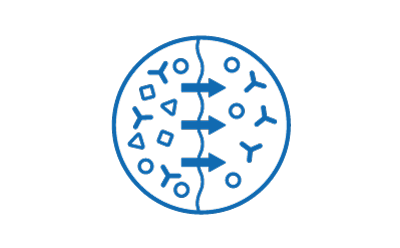
Downstream - Tangential Flow Filtration
Achieve yield, efficiency and pDNA recovery goals while ensuring robust impurity removal

Bioprocessing Liquid Cell Culture Media & Buffers
We offer the industry’s highest quality sterile filtered liquid capabilities, supplying ready-to-use cell culture media, buffers, CIP and SIP products from GMP facilities worldwide to optimize your biopharma production.
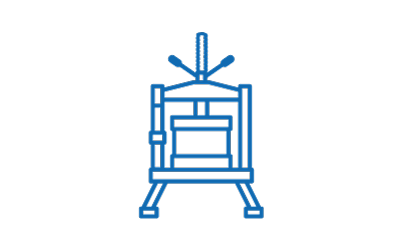
Downstream Chromatography
Tackle and overcome any pDNA chromatographic purification challenge in your downstream process to achieve greater productivity, efficiency and speed.
- Buffers & pH Ajusters
- Membrane Chromatography with Natrix® Q Pilot Chromatography Membranes
- Membrane Chromatography with Natrix® Q Recon Mini
- Capture an/or Polishing Chromatography with Fractogel® EMD DEAE Chromatography Resins
- Capture an/or Polishing Chromatography with Fractogel® EMD DMAE Chromatography Resins
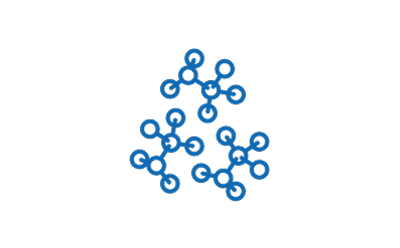
Formulation, Sterile Filtration & Fill-Finish
Ensure patient safety with a reliable and robust sterile filtration process
Analytics Software & PAT Technology
Process analytical technology (PAT) and analytics software can be used to build quality into the protein subunit vaccine manufacturing processes by monitoring and controlling processes inline and in real time.

Product Services
We offer a variety of product services to meet the demands that your work requires, from systems and equipment installation, systems qualification, validation services, maintenance and service plans, training and specialized Services.
Related Articles
- An overview of the cell harvest, lysis, neutralization, and clarification steps used for pDNA purification along with case study and practical advice.
- Free eBook outlines plasmid DNA manufacturing process and downstream purification challenges for various applications.
- Cost Modeling Vaccine Manufacturing: Estimate Production Costs for mRNA and other Vaccine ModalitiesA custom-designed cost model is used to explore the economics of vaccine manufacturing across several different modalities including mRNA. The model enables greater process understanding, simulates bottlenecks, and helps to optimize production efficiency.
- Influenza vaccines are commonly made using egg-based and cell-based manufacturing strategies. Find step-by-step information on the manufacturing process for each method.
- This page answers all the frequently asked questions related to our Eshmuno® Fit custom affinity resin development services.
- See All (9)
Find More Articles and Protocols
How Can We Help
In case of any questions, please submit a customer support request
or talk to our customer service team:
Email custserv@sial.com
or call +1 (800) 244-1173
Additional Support
- Chromatogram Search
Use the Chromatogram Search to identify unknown compounds in your sample.
- Calculators & Apps
Web Toolbox - science research tools and resources for analytical chemistry, life science, chemical synthesis and materials science.
- Customer Support Request
Customer support including help with orders, products, accounts, and website technical issues.
- FAQ
Explore our Frequently Asked Questions for answers to commonly asked questions about our products and services.
To continue reading please sign in or create an account.
Don't Have An Account?